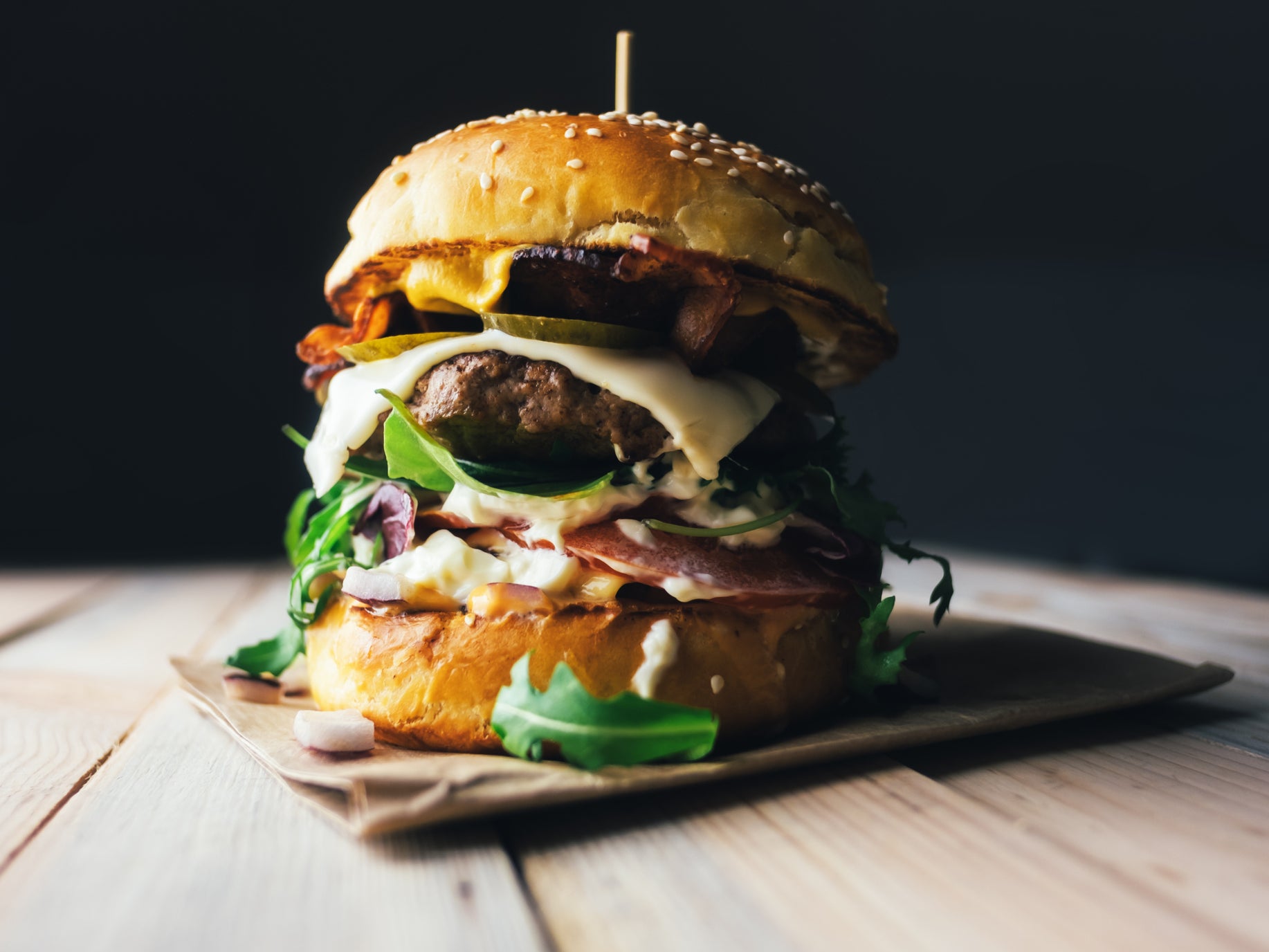Cop26 organisers criticised for menu mostly made up of meat, fish and dairy
‘It’s the equivalent of serving cigarettes at a lung cancer conference,’ one person says

The organisers of Cop26 are being criticised for serving a menu comprised of mostly meat, dairy and fish at a conference which sees global leaders come together to tackle the climate crisis.
Last month, the government announced that 95 per cent of the food at the 13-day event in Glasgow will be sourced from the UK, with 80 per coming from Scotland.
The carbon footprint of each item is also included on the menu, in a bid to inform attendees of about which dishes have the “lowest impact” on the environment.
At the time, Cop26 president-designate Alok Sharma said it was “exciting” to “understand the thought and effort that has gone into making dishes both healthy, sustainable and suitable for different diets”.
The menus, which have been published on the “A recipe for change” website, consist of 42 per cent plant-based products. Meat and fish make up 41 per cent while vegetarian foods including eggs and dairy products account for 17 per cent of the menu.
The presence of meat, dairy and fish options at the conference has spurred criticism on social media.
Joel Scott-Halkes, the co-founder of UK environmental organisation Wild Card, said serving meat and fish at Cop26 “is the equivalent of serving cigarettes at a lung cancer conference”.
“Only when governments grasp animal agriculture’s central role in the #climate crisis will we stand a chance of solving it,” he said.
According to Greenpeace, animal farming is responsible for 60 per cent of the emissions from agriculture across the world.
Another user said: “Animal agriculture is a major contributor to climate change shouldn’t the law societies take the lead by taking meat, fish and dairy off the menu at events?”
The dish with the highest carbon footprint is Scottish-sourced “haggis, neeps and tatties”, which produces the equivalent of 3.4kg of CO2. The dish is comprised of haggis (a savoury pudding made of sheep liver, heart, and lungs), Scottish turnip and potatoes with a mustard sauce.
The conference is also serving a locally-sourced beef, root vegetable and oat burger topped with cabbage, slaw and burger sauce. The meal produces 3.3kg of CO2, which rises to 3.4 when a slice of Scottish cheddar cheese is added.
Many of the plant-based options have a significantly lower carbon footprint. For example, the organic kale and seasonal vegetable pasta with vegan turkey-style meatballs produces 0.3kg of CO2.
Join our commenting forum
Join thought-provoking conversations, follow other Independent readers and see their replies
Comments
Bookmark popover
Removed from bookmarks